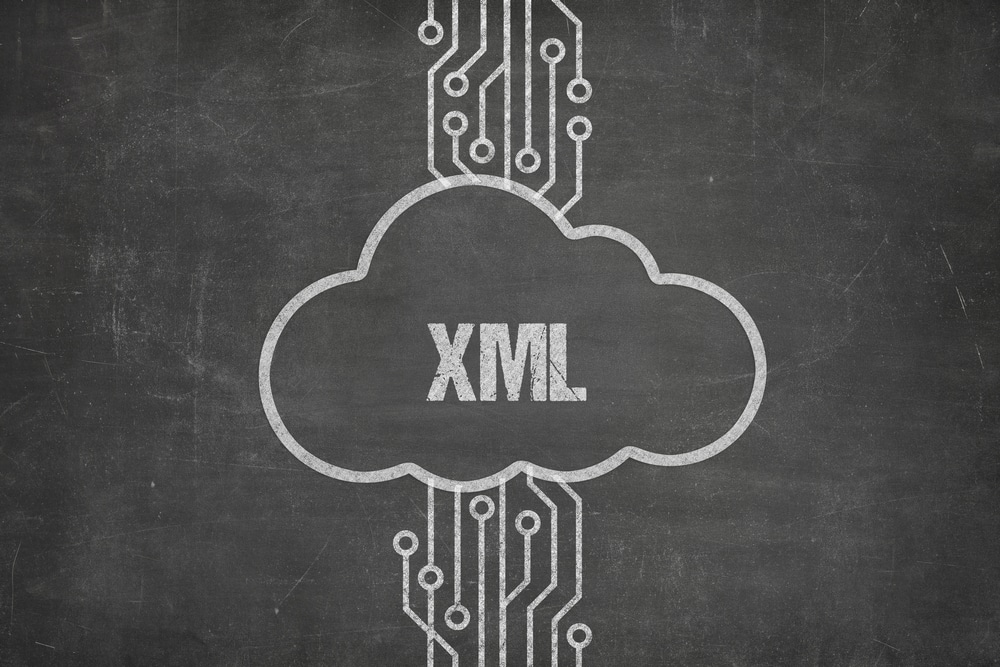C is a programming language that has always been popular and known for being simple and flexible. It is a structured programming language that is machine-independent and used in several applications. If you want to grow your knowledge about this programming language, there are several C Programming Books that you can refer to. Let us discuss some of them today. Also check out the C programming course for future reference.
List of C Programming Books
C Programming Books for Beginners
1. C Programming Absolute Beginner’s Guide
- By Greg Perry and Dean Miller
C Programming Absolute Beginner’s Guide is an exceptional book for beginners. It teaches the basics of the C language clearly. You can also find some very easy steps to learn C Programming. The method to organize programs along with pointers, variables, operators, I/O, functions, etc., is explained in the book. The instructions in the book help students to create reliable C code, which are useful in games and even mobile apps.
2. C: The Complete Reference
- By Herbert Schildt
This is the 4th edition of the perfect C++ reference book. You will learn C as a subject of C++ in this book. Once you start reading this book, you will understand the C++ language through several good examples. This is not like any other book, which will only teach you the basics of C++ but explain so many things that you did not know. This is the ideal reference book of C.
3. C Programming in easy steps, 5th Edition
- By Mike McGrath
This is a perfect book for beginners for whom programming in C is a new concept. The easy-to-follow style helps the readers understand the concept of C. This book is also recommended for students of a school or university level and even individuals who are looking forward to building a career in computing and want to clear the fundamentals of procedural programming. The examples mentioned in the book will explain the tips of downloading as well as installing a free C compiler so that you can create your first executable program.
4. Head First C: A Brain-Friendly Guide
- By Griffiths David
This book will give you an in-depth knowledge of the C programming language. The methods mentioned in this book are unique and go beyond the syntax and how-to manual. This book will not only help you to understand what the C programming language is but also helps in finding out the ways to be a successful programmer. The book covers the fundamental areas of C programming language, such as pointers and pointer arithmetic, language basics, and dynamic memory management. You will also find in-depth projects in the book that can be helpful to you to test your skills and even stretch your abilities.
5. C Programming Language
- By Brain W. Kernighan
If you are serious about C programming, this book is a must in your digital library. If you have a background in Data Structures, it will be much easier for you to follow the examples. To read and understand this book, you must be familiar with the basic programming concepts such as loops, variables, assignment statements, and functions. The book is helpful for declarations, syntax notation, and scope rules, to name a few.
6. Expert C Programming: Deep Secrets
- Peter Van Der Linden
This is one of the best books from which you can learn several tips and tricks about C Programming. The book will help you to scan sections that are related to the various immediate needs. You can also learn the several coding techniques that are usually used by seasoned C programmers. The beginners will find this book the most helpful as the C language has been introduced in the simplest manner possible. This book is further helpful for individuals who are eager to learn about the practical use of C.
7. The C Programming Language 2nd Edition
- Brian W. Kernighan
This is a very useful book for advanced C programmers. In order to comprehend each of the examples mentioned in the book, you need to have a background in Data Structures. The book is structured in a way that functions from previous chapters, such as strcmp, getting a line, alloc, etc., to reuse. Going through each page of this book will help you learn about the significant areas of C and stay away from any relevant troubles.
8. C Programming: A Modern Approach
- K.N. King
If you are not familiar with the concept of the C programming language and want to learn, this book is for you. The majority of the C programming concepts have been explained in the easiest language in this book. This book also contains information that is required by the C programmers to use the standard C library. Everything in this book is so easily explained that from beginners to advanced students can find it simple to understand. The book includes revisions, updates, several exercises, and longer programming projects.
9. Data Structures Using C
- Reema Thareja
Data Structures Using C is Authored by Reema Thareja, and it brilliantly deals with the data structures, including the abstract concepts as well as the practical implementation utilizing C language. Starting with a thorough overview of the core concepts of programming using the C language, it progresses into focusing on the various data structures. It also shines a light on the analysis methods for the algorithms of different types. Many data structures such as trees, graphs, heaps, stacks, strings, linked lists, and arrays are covered in great detail, making it useful for budding C programmers and experienced professionals alike.
10. Computer Fundamentals and Programming in C
- Reema Thareja
Again written by Reema Thareja, this book is the second edition of computer fundamentals and programming. This book is specially designed for students of computer science, engineering, and computer applications. Divided into two parts, the first part of this book is Computer Fundamentals, in which you will find an introduction to computers and details of various other topics such as primary and secondary memory devices, input and output devices, number systems, etc. You can also find key terms, case studies, and chapter-end exercises in this book.
11. Low-Level Programming: C, Assembly, and Program Execution
- Igor Zhirkov
If you want to learn Intel 64 architecture, it is time you should get this book. The book can educate you about the latest version of the C language and even the assembly language from the basics. You will also find the entire path from program execution to source code has been covered in this book. What else will you find in this book? You will find ELF object files, static and dynamic linking with several coding examples, as well as exercises. You can even learn performance-gain techniques like pre-fetching and SSE instructions. Apart from all these, you will get to learn significant Computer Science topics, including models of computation and formal grammars.
12. Hands-on Network Programming with C
- Lewis Van Winkle
Hands-On Network Programming in C is the next book in the list, which is a must-read for the programmers who are looking for core concepts of networking, including hostname resolution with DNS and many more. A great learning resource covering the essential networking protocols, UDP, and TCP, it also includes useful techniques such as peer-to-peer models and client-server.
The book includes many practical and real-life examples that make the subject easy to understand. It also helps the programmer understand the subject from the point of view of the client and server. It builds competence in the implementation of new network programs using C, along with practical know-how of the client-server application.
13. C in a Nutshell: The Definitive Reference 2nd Edition
- Peter Prinz
The book is for well-experienced programmers. It is a modern reference book for C that covers the basics of building C programs with GNU and C source code-based executable programs. Testing a debugging program through the GNU debugger has also been taught in this book.
The first of the three sections of this book includes essential language elements such as points, character, statements, and memory management. C standard library can be learned through the second section of the book. The final and third part of the book deals with basic tools of C programming.
These books provide the student to get a firm grasp on the programming fundamentals while guiding them to build their career in this promising field. As C has wide industry applications, studying this programming language is a great investment in one’s future. The best part is that the books are written in an interesting way that makes the learning of programming enjoyable and simplified. Go through the Great Learning website to get access to some of the best books for C programming students, as well as plenty of resources to learn C effectively.





